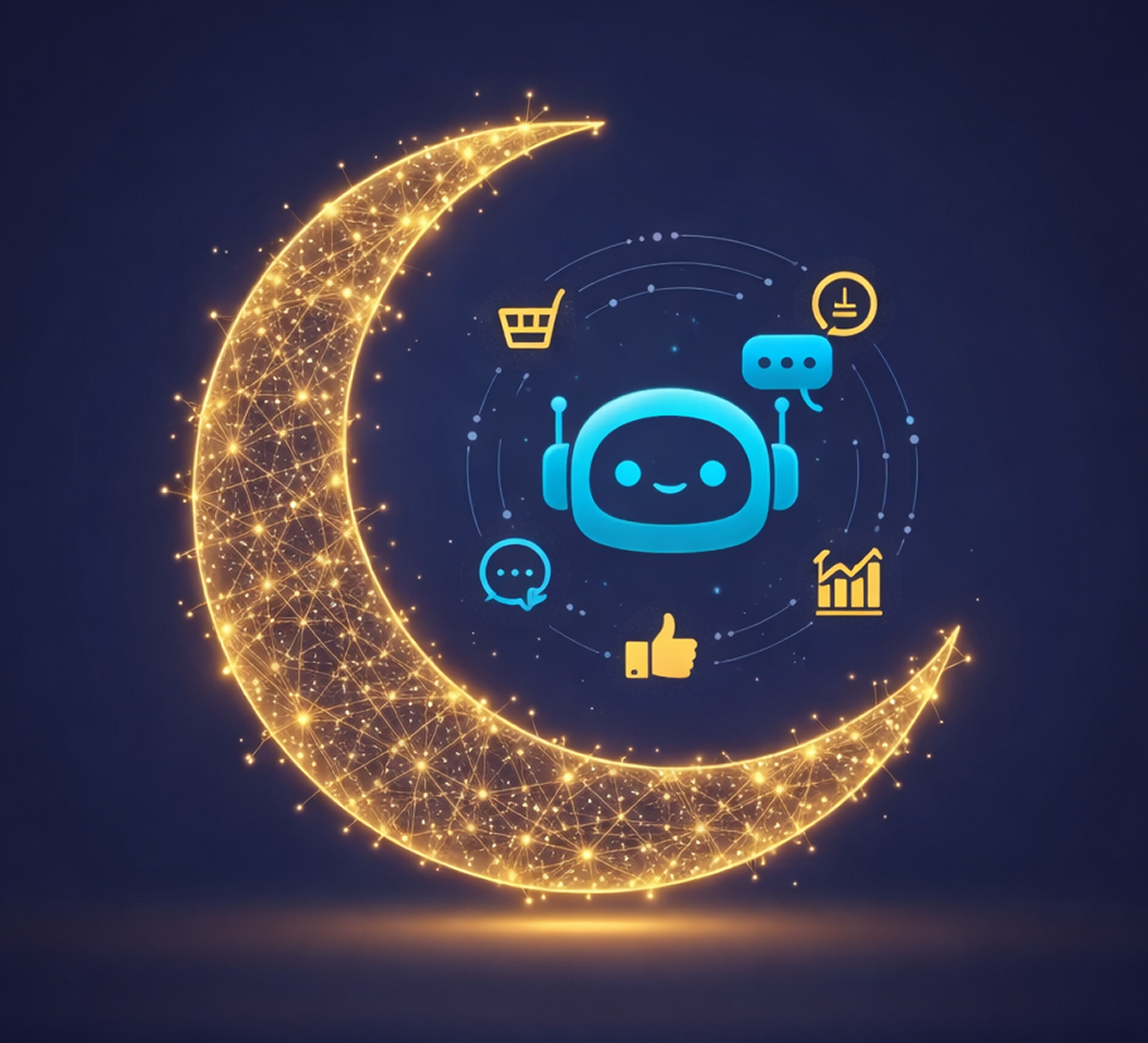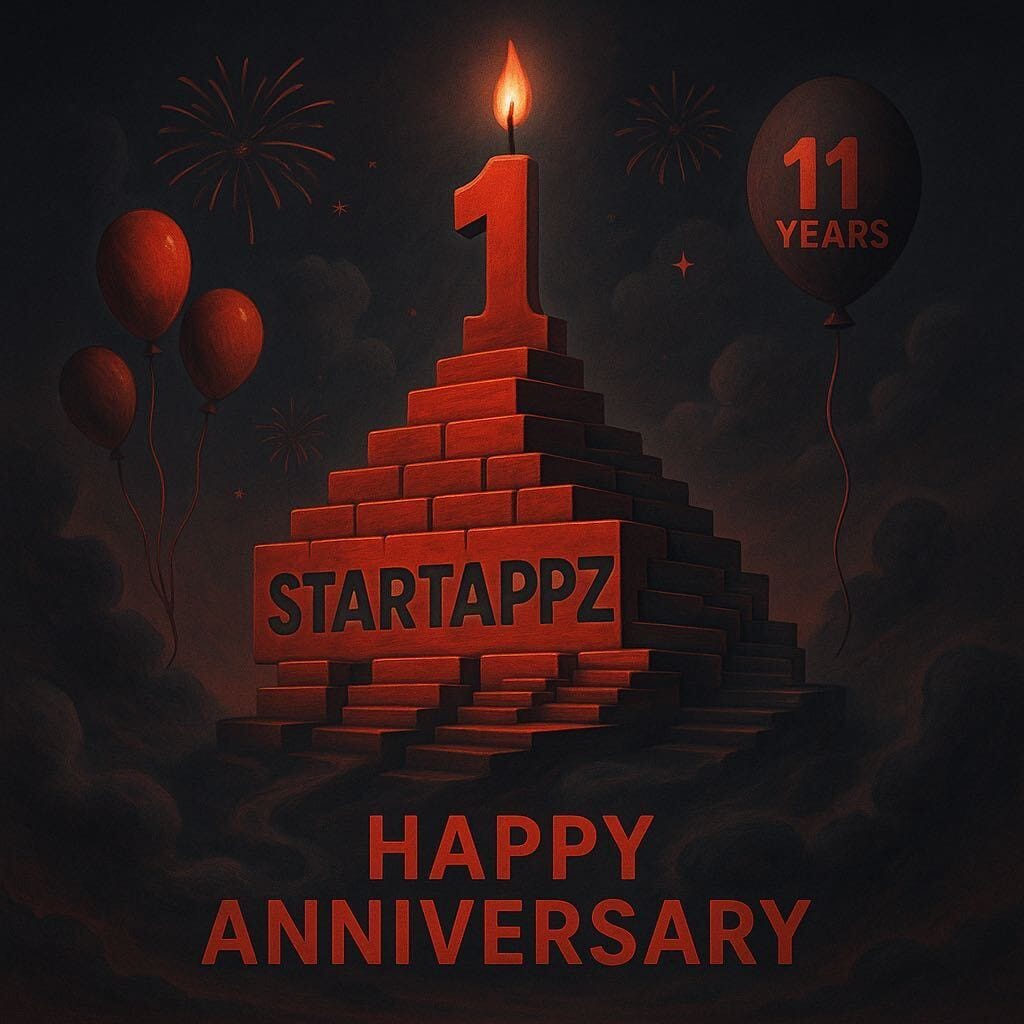A Guide to Cyber Security for Startappz IT and Software Company

Strengthening the Fortress: A Guide to Cyber Security for StartAppz IT and Software Company
Introduction:
In today’s digital age where businesses are increasingly reliant on IT and software solutions, cybersecurity has become a key factor in protecting sensitive information and business continuity StartAppz, as an IT software company, plays a key role in shaping a digital environment. This article aims to highlight the importance of cybersecurity and provide practical guidance for StartAppz to strengthen their defenses against cyber threats.
Understanding cybersecurity
Cybersecurity is the protection of computer systems, networks, software, and data against intrusion, breach, destruction, or theft. As a company specializing in IT and software services, StartAppz handles valuable information including proprietary software code, customer data, and intellectual property. This is an important requirement to build customer trust and protect the company’s reputation.
Knowing the cyber threat StartAppz needs to be aware of cyber threats in the digital landscape.
Common cyber threats include:
Phishing attacks:
Cybercriminals use fraudulent emails or messages to trick employees into revealing sensitive information or clicking on malicious links.
Ransomware:
Malicious software encrypts data, requires a ransom prior to release, and often causes significant performance disruption.
Malware and viruses:
Harmful software enters systems and steals corrupted data or files, disrupting a company’s systems.
Insider Threats: Employees or former employees with access to sensitive data may intentionally or unintentionally cause a security breach.
DDoS attack:
Distributed denial of service attack beyond the system.
Implementing cybersecurity best practices o enforce cyber security measures, StartAppz adopts the following best practices:
Conduct regular security training:
Educate all employees about cyber threats, safe browsing practices, and the importance of strict password management.
Secure network design:
Use firewalls, intrusion detection systems, and encrypted connections to protect the network from unauthorized access.
Update software regularly: Keep all software, including operating systems, antivirus, and applications, updated with the latest security patches.
Use Multi-Factor Authentication (MFA):
Employees are required to use MFA to access critical systems, adding an extra layer of security.
Data backup and recovery:
Test recovery options by backing up critical data to ensure business continuity in the event of a cyber incident.
Monitor system activity:
Use real-time analytics and log analysis to quickly identify potential threats and unusual activity.
Limit access:
Provide access privileges based on the principle of limited access, and allow employees to access only resources necessary for their role.
Develop an Incident Response Plan:
Develop a comprehensive incident response plan to effectively address security breaches and minimize damage.
Third Party Risk:
Monitor and control the security practices of third party vendors that have access to StartAppz’s systems or data.
Conclusion:
Cybersecurity is a constant battle against evolving threats, and as an IT and software company, StartAppz’s legacy should be proactive in protecting customer data. St. by investing in strong cybersecurity programs, regular employee training and staying abreast of the latest security trends, StartAppz can build a formidable defense against cyber threats. Remember, cyber security is not a one-time effort but an ongoing commitment to safeguarding the company’s reputation, data, and customers’ trust.





